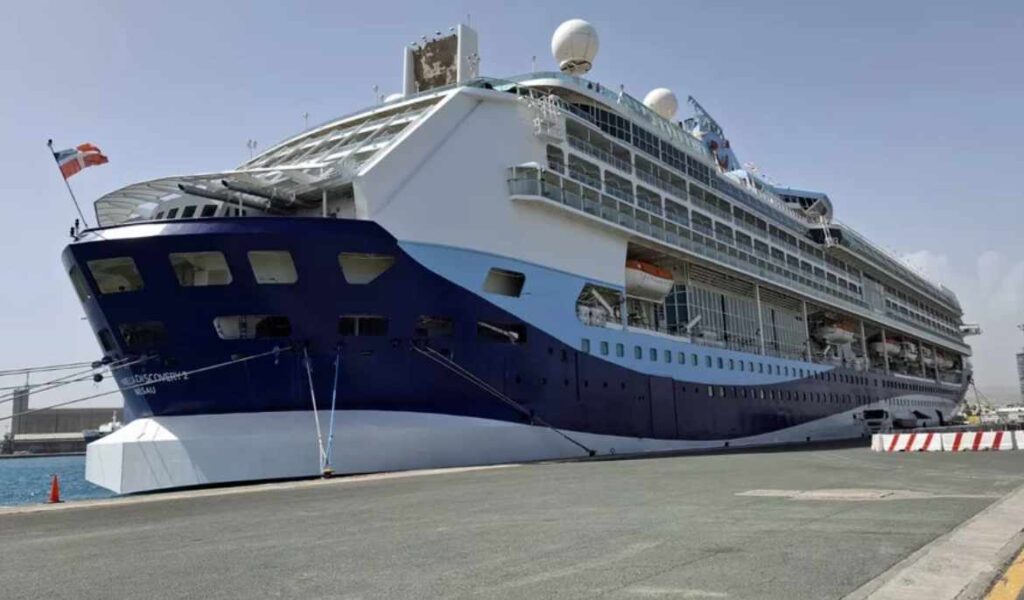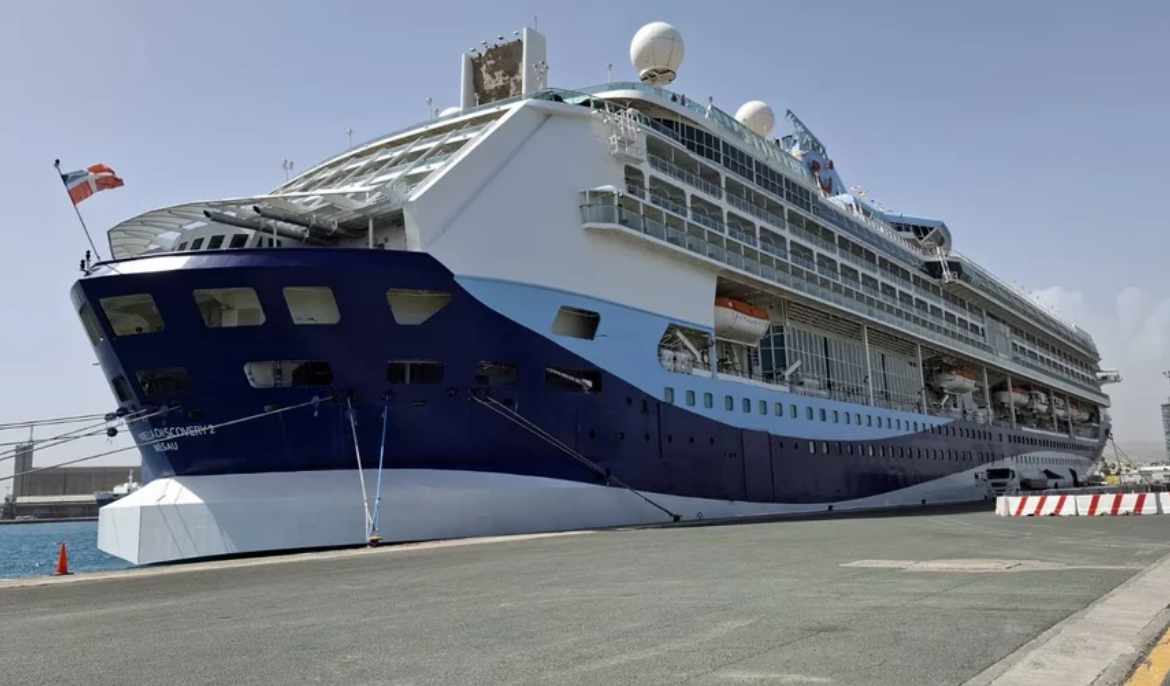DP World Limassol on Thursday released a statement highlighting the expected arrival of around 140 cruise ships in 2025, underscoring the island’s resurgence as a major Eastern Mediterranean cruise destination.
“The global cruise industry has emerged as a significant catalyst for tourism development, contributing substantially to local and national economies,” the Limassol cruise terminal operator said.
“Cruise tourism stimulates economic activity in various ways, including spending on port infrastructure, shipbuilding, job growth, as well as passenger spending at the destinations,” it added.
The company also cited data from the Cruise Lines International Association (CLIA) to underline value of the sector as a whole.
According to the CLIA, the cruise sector generated a record-breaking $1.7 billion in total economic impact worldwide during 2023, a 9 per cent rise on 2019, which was a benchmark year for cruise industry performance.
The industry also contributed 1.6 million jobs in 2023, paying $56.9 billion in wages, with 77 per cent of these jobs being land-based.
Cruises also contributed $85.6 billion to global GDP, outpacing the growth of the global economy, according to CLIA.
“Against this backdrop, Cyprus is re-emerging as a leading cruise hub in the Eastern Mediterranean,” DP World said.
“Strategically located in the region, acting as a bridge between Europe, the Middle East, and North Africa, Cyprus has traditionally been a cruise destination with an abundance of experiences for visitors,” it added.
However, the company said that the “sector was greatly impacted during the Covid-19 pandemic and later faced setbacks due to regional tensions”.
“Despite the challenges”, the port operator continued, “the island is currently seeing a resurgence in cruise tourism, with Limassol expecting to receive around 140 cruise ships and 160,000 passengers this year, a marked improvement from previous years”.
What is more, the company said that the “resurgence of cruise tourism in Cyprus has significant economic implications“.
Passengers contribute to the local economy through spending on excursions, dining, shopping, and other services.
For example, a large number of cruise passengers take part in guided tours to popular attractions such as the wine-producing villages around Limassol, the Paphos castle, and the Troodos mountains.
These experiences, the company said, not only support the local economy through visitor spending but also help showcase Cyprus’ cultural richness and strengthen its reputation as a desirable travel destination.
Data from CLIA’s State of the Industry 2025 Report indicates that 60 per cent of cruise travellers stayed at least one night before their voyage, while 54 per cent extended their visit after disembarking, suggesting a high likelihood of return visits.
DP World Limassol also said that it has also contributed in driving the sector’s recovery. The company mentioned that it has made various investments to modernise the port infrastructure, aligning it with global standards.
The terminal now provides efficient embarkation and disembarkation processes, along with convenient amenities such as spacious parking areas, on-site cafeterias, and shuttle transport services.
“These enhancements aim to provide a seamless and enjoyable experience for cruise passengers,” DP World Limassol said.
“Being committed to sustainability and environmental stewardship, the company is also working with the government and local partners to introduce an onshore power supply for ships docking at the port,” it added.
It also mentioned that the aim is to reduce carbon emissions and align with European Union climate targets.
Looking ahead, DP World Limassol said that it “expects continued growth in cruise tourism, as the Mediterranean has emerged as the second most popular holiday destination for cruisers, following the Caribbean”.
“In fact, one out of every six cruise passengers sailed the Mediterranean in 2024,” the company added.
In an effort to sustain this momentum, the Cypriot government is formulating a national cruise tourism strategy designed to establish the island as a key destination in the Eastern Mediterranean.
“The initiative entails collaboration between stakeholders, including government agencies, local communities, and industry partners,” the company said.
“By focusing on sustainable practices, infrastructure development, and cultural promotion, Cyprus aims to solidify its position as a leading cruise destination,” it concluded.



